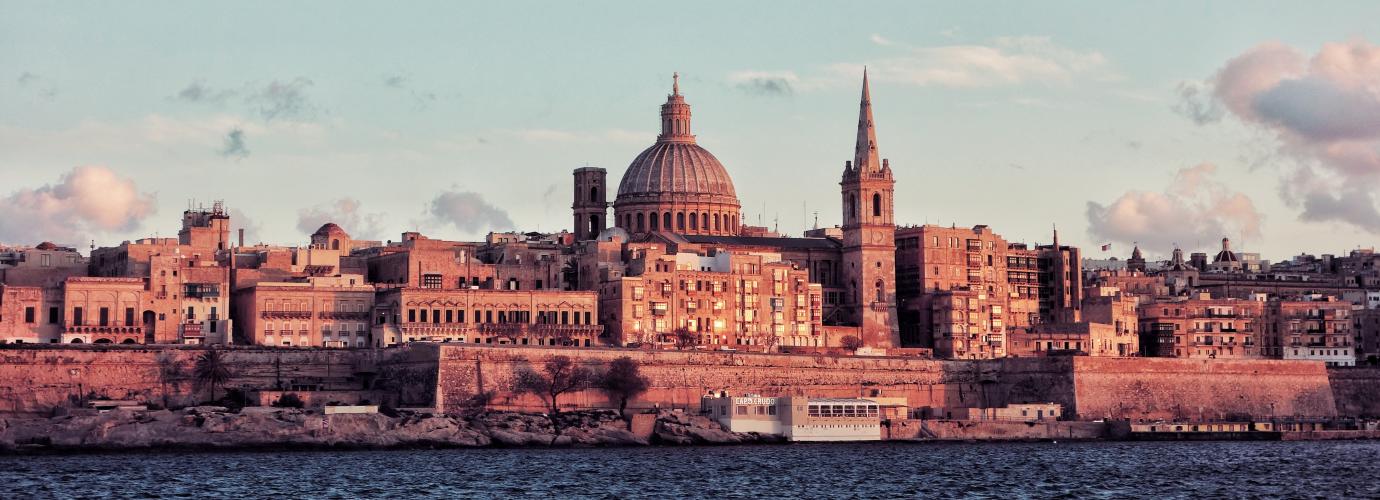Malta
The politics of Malta takes place within a framework of a parliamentary representative democratic republic. Education is the responsibility of the Minister for Education, Youth, Sport, Research and Innovation. However, other ministries also contribute towards education. The Framework for the Education Strategy for Malta 2014-2024 is a coherent strategy for lifelong learning opportunities from early childhood education and care to adult learning. It aims to ensure that all children, young people, and adults have the opportunity to obtain the necessary skills and attitudes to be active citizens and to succeed at work and in society and to develop a society which is competent, resourceful, critically conscious, and competitive in a global economy driven by information, knowledge and innovation. Within this perspective of lifelong learning, education is concerned with and impacts the entire population of the Maltese islands, that is 519,562 individuals, as estimated in the latest Census (2021).
The principles, aims, objectives, and the regulation of education system in Malta are laid down in Education Acts Chapters 327 and 605 of the Laws of Malta and pegged to the Malta Qualifications Framework for Lifelong Learning. Education is provided by State, Church and Independent schools. It comprises childcare (for children 0-3 years old), 2 years of kindergarten (for 3-5 year olds), 11 Years of compulsory education comprising 6 years of Primary school (largely for 5-11 year olds), a 2-year orientation cycle (middle school, for children aged 11-13) and a 3-year cycle of specialisation (secondary school, for children aged 13-16 year olds), during which students pursue academic or vocational subjects. During these years, teaching and learning is guided by A National Curriculum Framework for All (2012), the National Literacy Strategy for All in Malta and Gozo (2014) and My Journey: achieving through different paths (2016). In particular, these documents outline the bilingual education policy of Malta, where schooling takes place in Malta’s two official languages: Maltese, the national language, and English, and a minimum of one other foreign language, considered important due to geographic, cultural and economic reasons, among which tourism and Malta’s diverse population. Following compulsory education, learners sit for the Secondary Education Certificate (SEC) examination and receive the Secondary School Certificate & Profile (SSC&P), all of which are pegged at MQF2/3. These qualifications enable successful candidates to move on to formal post-secondary education, through sixth forms or vocational colleges, or to enter employment. Successful completion of post-secondary education enables students to go on to further and higher education, including tertiary. The government facilitates education through providing childcare to undergraduate tertiary education free of charge, as well as second chance education and postgraduate education at a subsidized cost.

